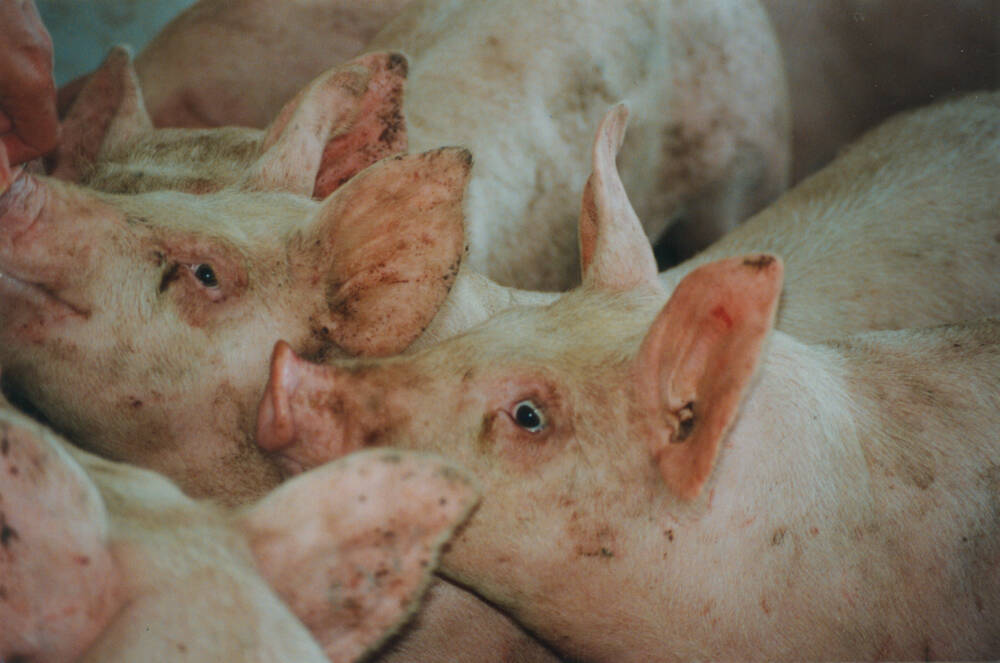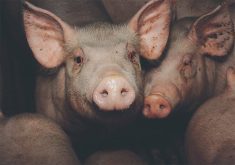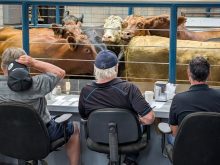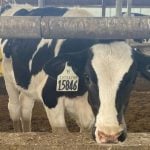Despite being paused for 30 days, concerns over tariffs coloured the commentary at this year’s Manitoba Swine Seminar held recently in Winnipeg.
Manitoba Pork Council general manager Cam Dahl noted the difficulty in presenting his organization’s typical market forecasts due to the tariff threat.
However, Dahl pointed out that this isn’t the first time Canada’s pork industry has been hit by United States protectionism.
Read Also
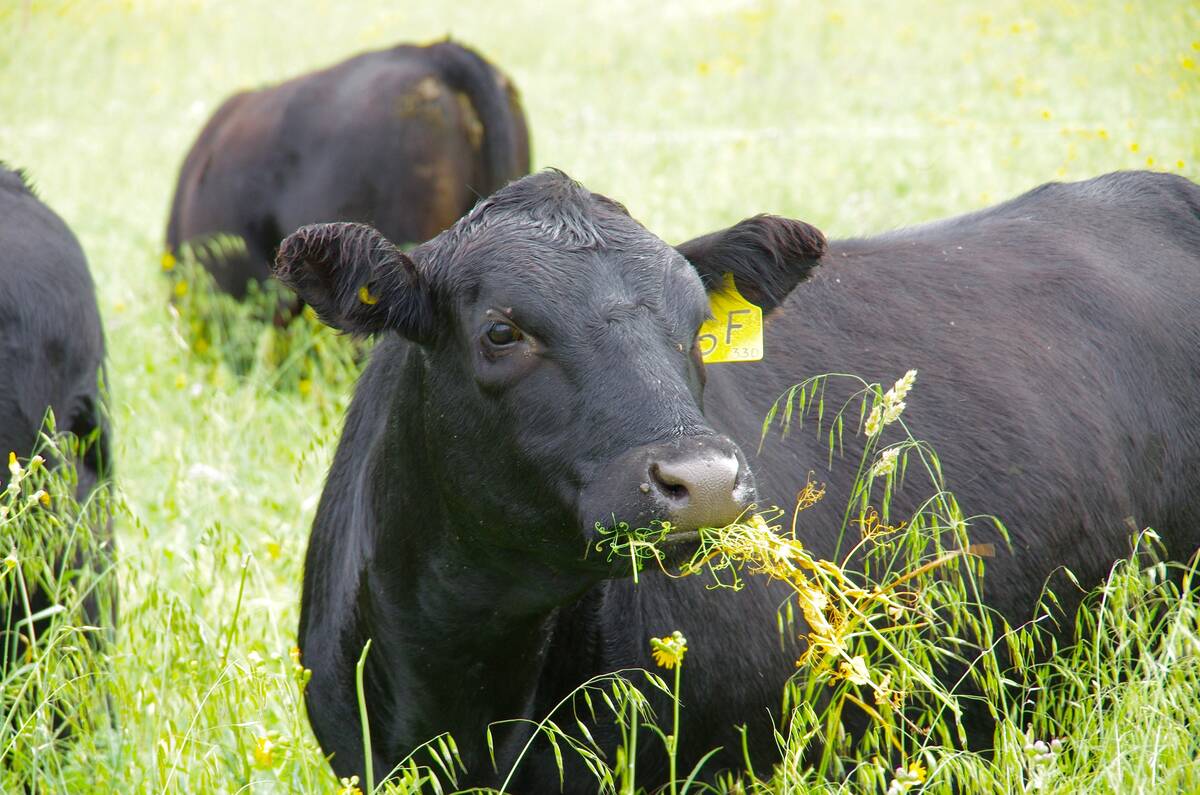
Canadian cattle industry has wins to shout about
Canada’s cattle management has become more efficient, more humane and more knowledgeable, but industry terms may not resonate with the general public.
“America First didn’t start on Nov. 5, after the U.S. election,” he said, mentioning California’s Proposition 12 (standards for animal care) and country-of-origin labelling.
“It’s not just a feature of this administration, and it’s something that we’re going to have to deal with for years to come.”
Why it matters: Canadian and U.S. pork markets are highly integrated; any disruptions will have a cascading effect.
Dahl said he’s encouraged by the 30-day pause that was negotiated, but added it’s important to understand the crisis isn’t over.
“I don’t want to downplay how important that was. It’s very positive, but it’s only 30 days,” said Dahl.
“That means we’ve got 30 days to plan for what’s next.”
Paul Marchand, senior risk management analyst with H@MS Marketing, said one of the early casualties of the trade war was forward contracting, limiting producers ability to hedge, locking in a future price for their hogs and shielding them from market fluctuations.

Forward contracting was temporarily suspended when the current tariff crisis began to emerge, with the reasoning that, if the U.S. loses part of its market due to the tariffs, it will likely lower the cash price. The futures market would then react to this shift, Marchand said, which means the groups setting forward contract prices can’t protect themselves from the market risks caused by the tariff uncertainty.
“It feels a little strange to be talking about forward contracting when we can’t do it,” he said.
The situation is further complicated for Canadian hog producers. Mexico has traditionally absorbed a significant portion of U.S. pork, helping prevent oversupply in the U.S. marketplace. If tariffs are implemented and Mexico retaliates by limiting U.S. pork imports, this could lead to an oversupply of U.S. pork, causing a backlog in the market.
Because Canadian pork prices are deeply tied to U.S. markets, this oversupply could lower demand for Canadian pork and put downward pressure on prices.
Unfortunately, Marchand had no clear answer for when forward contracts will resume.
“You’re going to get a lot of ‘I don’t knows’ from me,” he said, noting that the industry is still waiting for clarity on trade policy.
Despite the uncertainty, he reassured producers that his company is committed to the long-term stability of its programs and will not take unnecessary risks that could weaken the system.
“We’re taking a very cautious approach so we can fight another day, for lack of a better term,” he said.
Marchand said one of the biggest concerns he hears from producers is whether tariffs will affect forward contracts that have already been booked. His response was a clear no. In fact, he said this situation highlights exactly why hedging strategies are so important in volatile markets.
“This is exactly why you do it,” he said.
“Tariffs, border closures, threats, disease — any number of factors can impact the cash market and put pressure on prices. That’s why you hedge.”
For now, all eyes are on trade negotiations, as producers wait for more clarity on the situation.


